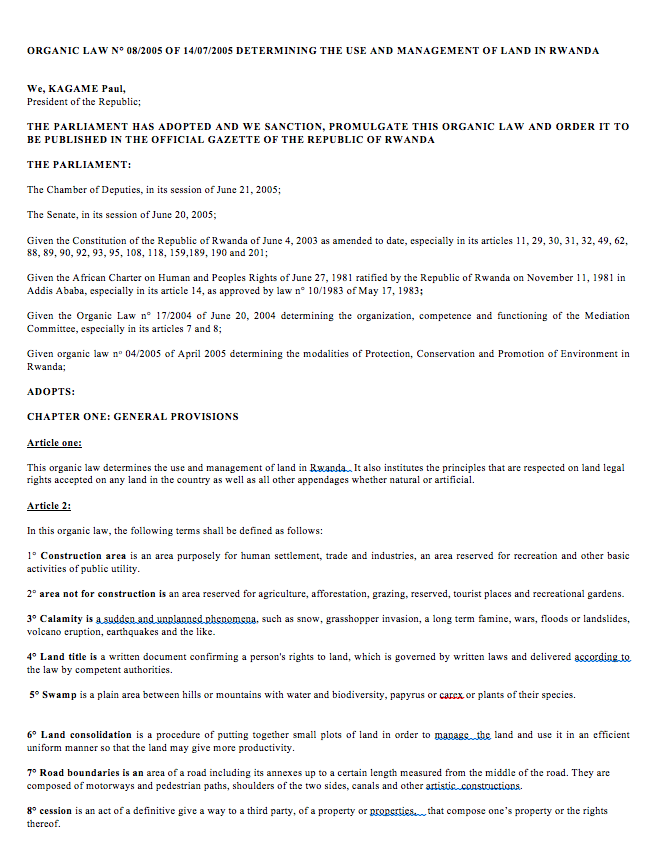Asymmetric property rights in China's economic growth
"This paper highlights the difference between secure investor property rights and loosely defined individual property rights. Globalization and fiscal decentralization have intensified this difference.









